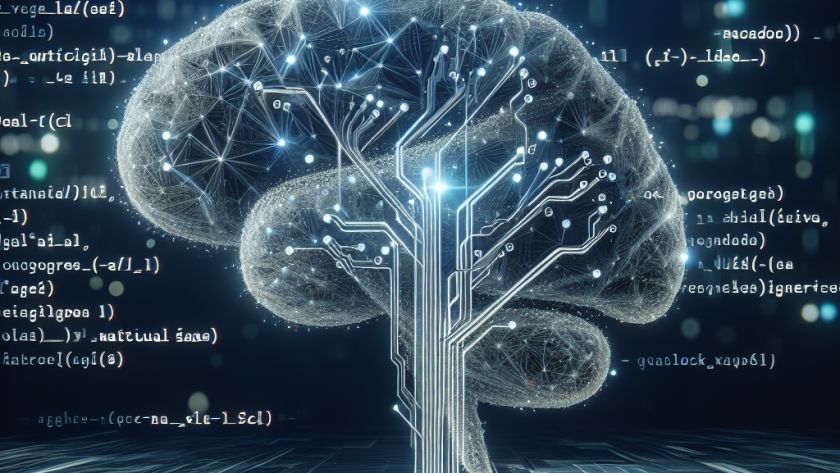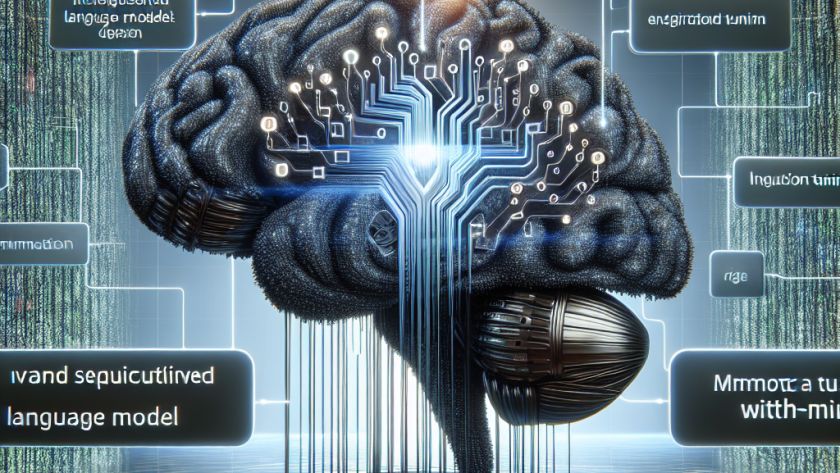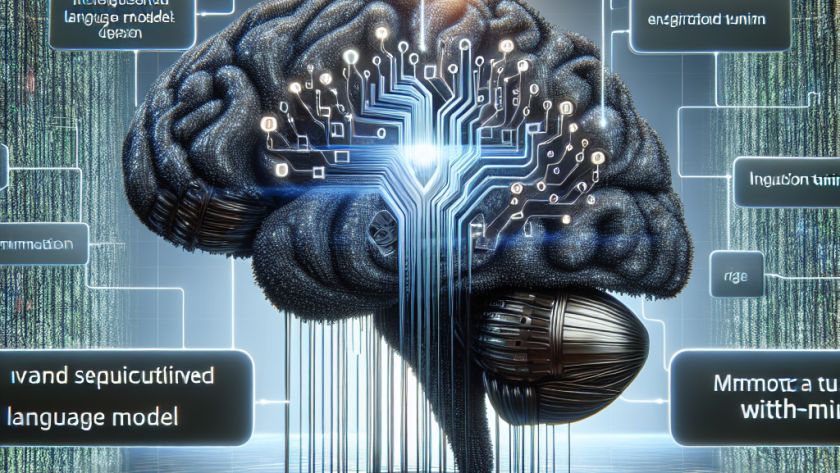



Salesforce AI Research has made a significant development with the unveiling of the XGen-MM series. As part of their ongoing XGen initiative, this new development represents a significant step forward in the field of large foundation models. This advancement lays emphasis on the pursuit of advanced multimodal technologies, with XGen-MM integrating key improvements to redefine…

The UK government-backed AI Safety Institute has launched a new tool called Inspect, aimed at enhancing the safety and accountability of Artificial Intelligence (AI) technologies. The software library is a significant innovation in AI technology and is expected to increase the robustness of AI safety assessments globally and promote cooperation in AI R&D.
As anticipated…

In the rapidly evolving field of data science, a host of tools are available for analysts and researchers to interpret data and develop strong machine learning models. Out of these, some are well-known and widely used, whereas others might not be as popular. Detailed here are ten major Python packages that can considerably enhance your…

Aerial robotics is an evolving field with significant improvements, particularly with the autonomous operation of Micro Aerial Vehicles (MAVs) during the night. Despite advancements, night operations still pose a complex challenge due to the inherent limitations of operating in low-light conditions. The focus here is on the integration of advanced sensing technologies and vision-based algorithms…

In the fields of traffic management and urban planning, understanding the most efficient routes based on multiple variables has significant potential benefits. This approach assumes that when individuals are choosing a route, they're trying to minimize certain costs such as travel time, comfort, tolls, and distance. Understanding these costs can help improve traffic flow and…

Transformers, an intricate form of modern artificial intelligence (AI), are at the heart of many key AI models that facilitate a variety of technological advances. However, as these tools grow in complexity, they begin to display unexpected behaviors that can prove challenging to anticipate and manage.
The unpredictable outputs of Transformer-based models are particularly problematic.…

Transformers play a pivotal role in contemporary artificial intelligence systems, supporting technological giants such as Gemini, Claude, Llama, GPT-4, and Codex. However, as the complexity and size of these models grow, they often display unpredictable and occasionally risky behaviors, posing a problem for their safe and reliable deployment.
The root of such challenges lies in the…


Large language models (LLMs) are crucial to processing extensive data quickly and accurately. Instruction tuning plays a vital role in enhancing their reasoning abilities and preparing them to solve new, unseen problems. However, the acquisition of high-quality instruction data on a large scale presents a significant challenge. Traditional methods that rely heavily on human input…

Large language models (LLMs) play a fundamental role in processing substantial amounts of data quickly and accurately, and depend critically on instruction tuning to enhance their reasoning capabilities. Instruction tuning is crucial as it equips LLMs to efficiently solve unfamiliar problems by applying learned knowledge in structured scenarios.
However, obtaining high-quality, scalable instruction data continues…
